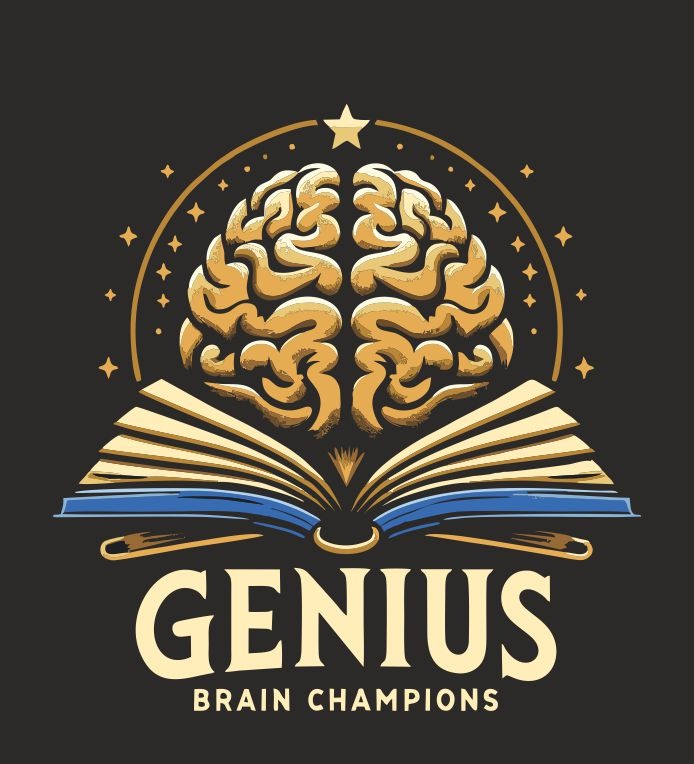Frequently Asked Questions (FAQs)
FAQ…Section
Here are 9 Frequently Asked Questions (FAQs) for DMIT (Dermatoglyphics Multiple Intelligence Test):
1. What is DMIT?
DMIT (Dermatoglyphics Multiple Intelligence Test) is a scientific method that analyzes fingerprint patterns to understand an individual’s innate intelligence, personality traits, and learning style. It helps in career guidance, parenting, and self-development.
2. How does DMIT work?
DMIT is based on neuroscience and dermatoglyphics (the study of fingerprints). Since fingerprints and brain development are interconnected, analyzing fingerprint patterns helps identify an individual's inborn strengths, weaknesses, and intelligence types.
3. Is DMIT scientifically proven?
Yes, DMIT is backed by research in neuroscience, psychology, and dermatoglyphics. It has been widely used in education, career counseling, and personal development. However, it should be used as a guiding tool, not a definitive decision-maker.
4. Who can benefit from DMIT?
DMIT is beneficial for:
- Students (3-18 years) – To identify their learning style, intelligence type, and ideal career path.
- Parents – To understand their child’s strengths and provide better guidance.
- Professionals – To discover their true potential and career suitability.
- Schools & Institutions – To offer personalized education and career counseling.
5. How is DMIT different from traditional IQ tests?
Traditional IQ tests measure cognitive abilities at a specific moment, while DMIT focuses on inborn intelligence and talents. It provides a holistic view of a person’s learning abilities, personality, and career preferences.
6. Is DMIT only for students?
No, DMIT is useful for people of all ages. It helps students choose the right career, assists professionals in career growth, and supports parents in understanding their children’s learning patterns.
7. How is the DMIT test conducted?
- Fingerprints are scanned using a biometric scanner.
- The data is analyzed using advanced software.
- A detailed report is generated, highlighting intelligence types, personality traits, and career recommendations.
- A counseling session is provided to explain the results and suggest the best path forward.
8. Can DMIT help in career selection?
Yes! DMIT helps in choosing the right career path by analyzing multiple intelligences, personality traits, and skills. It provides a scientific approach to career counseling instead of relying on guesswork.
9. Is DMIT accurate and reliable?
DMIT provides highly accurate insights based on genetic and neurological studies. However, its effectiveness depends on proper interpretation and guidance from trained professionals. It should be used as a support tool along with personal interests and skills.
Here are 9 Frequently Asked Questions (FAQs) for Brain Development:
1. What is Brain Development, and why is it important?
Brain development refers to the growth and strengthening of cognitive abilities, including memory, concentration, problem-solving, creativity, and emotional intelligence. It is crucial for academic success, career growth, and overall mental well-being.
2. At what age should brain development activities start?
Brain development can start as early as infancy and continues throughout life. However, the best age to enhance cognitive skills is between 3 to 15 years, when the brain is most adaptable to learning.
3. What are the best activities for brain development in children?
Some of the best activities include:
- Memory games (puzzles, flashcards, matching games)
- Problem-solving exercises (math riddles, logic puzzles)
- Creative activities (drawing, storytelling, music, dance)
- Physical exercises (yoga, brain gym exercises)
- Midbrain activation techniques
4. Can brain development programs help improve academic performance?
Yes! Brain development exercises improve concentration, memory, and problem-solving skills, which lead to better academic performance and overall intelligence enhancement.
5. What is Midbrain Activation, and how does it help in brain development?
Midbrain Activation is a technique that helps activate the subconscious mind, improving memory, intuition, focus, and learning speed. It is especially useful for children to enhance their cognitive abilities naturally.
6. How does stress affect brain development?
Chronic stress can negatively impact brain development by reducing concentration, memory retention, and emotional stability. Engaging in mindfulness, meditation, and relaxation techniques can help combat stress and support healthy brain growth.
7. Do diet and nutrition affect brain development?
Yes! A balanced diet with omega-3 fatty acids, antioxidants, and essential vitamins supports brain health. Foods like nuts, fish, eggs, berries, and leafy greens boost brain function and memory.
8. Can adults also benefit from brain development exercises?
Absolutely! Brain exercises help adults improve focus, creativity, decision-making, and memory, reducing the risk of age-related cognitive decline. Activities like chess, reading, meditation, and brain-training apps can enhance mental agility.
9. How long does it take to see results from brain development programs?
Results vary based on consistency and individual learning abilities. Most people notice improvements in 2 to 3 months of regular brain development exercises. Daily practice and structured programs yield the best results.
